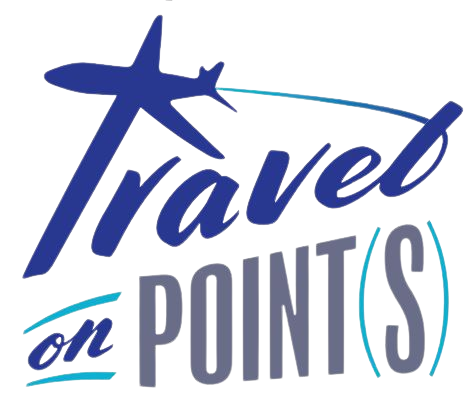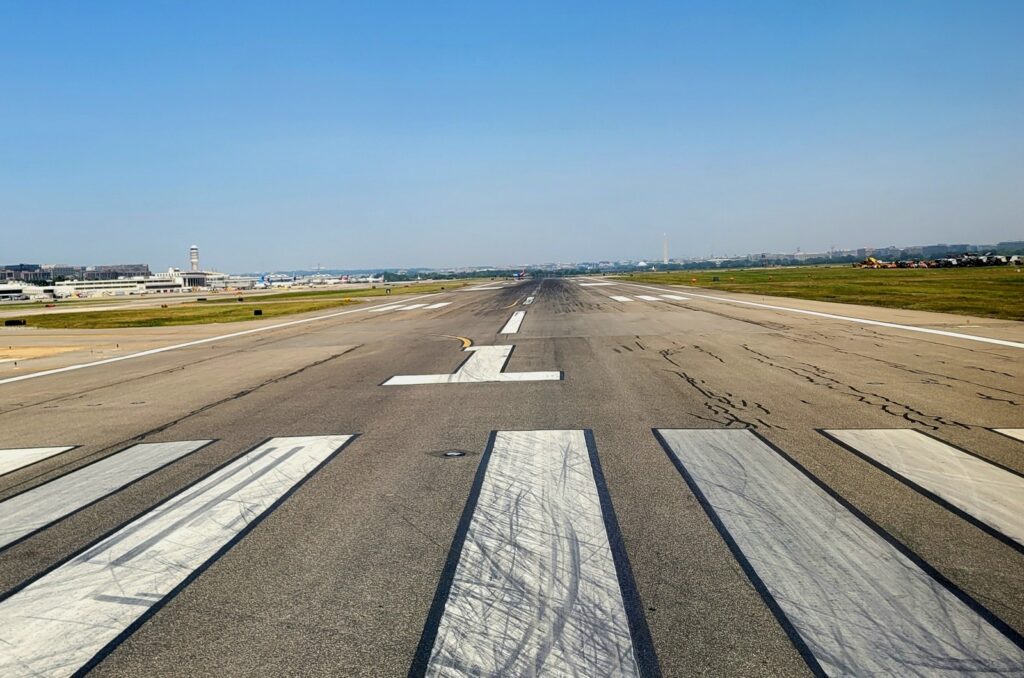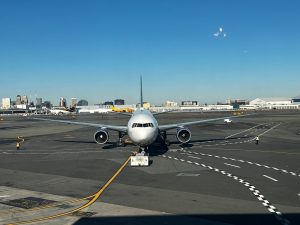New DOT Rules
The US Government adopted new rules aimed at helping travelers with receiving automatic refunds due to flight delays or cancelations and requiring airlines to be upfront with the fees they charge when selling airfare. In theory, these rules should make life easier for travelers. I was even surprised by a couple of these rules that show some appreciation for nuance, which is not always the case with regulations that have even the best of intentions. Let's dive into the details of these new DOT rules.
Table of Contents
Toggle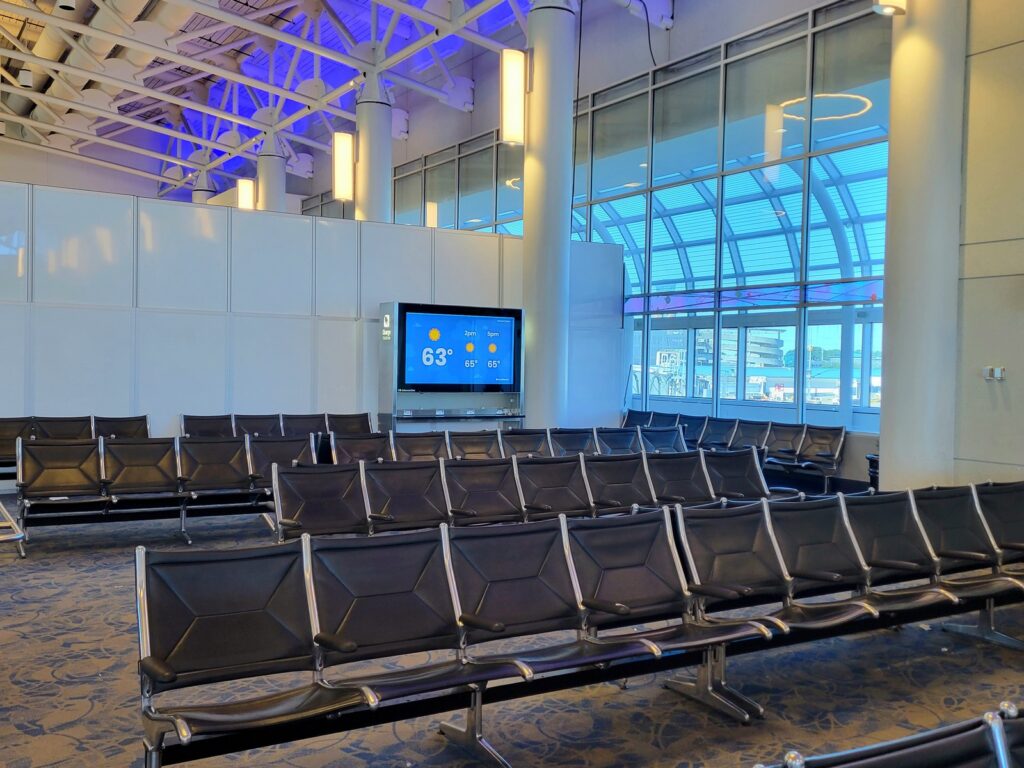
Prompt and Automatic Refunds
The new DOT rules require airlines to provide passengers promptly with automatic cash refunds when their flights are canceled or changed significantly. Passengers will be entitled to a refund if their flight is canceled or significantly changed, and they do not accept alternative transportation or travel credits offered. The new rules also apply when checked bags are delayed significantly, or ancillary services purchased (such as Wi-Fi) are not provided. As with any rule or law, the effect boils down to the details and meaning of certain terms.
Here is how the new rule characterizes certain of these terms:
- Automatic. Airlines must automatically issue refunds without passengers having to explicitly request them or jump through hoops.
- Prompt. Refunds must be paid within 7 business days of refunds becoming due for credit card purchases and 20 calendar days for other payment methods.
- Cash or original form of payment. Airlines must provide refunds in cash or whatever original payment method the individual used to make the purchase, such as credit card or airline miles. (Airlines may not opt for issuing vouchers, travel credits, or other forms of compensation unless the passenger affirmatively chooses to accept alternative compensation.)
- Full amount. Airlines must provide full refunds of the ticket purchase price, minus the value of any portion of transportation already used. Refunds must include all government-imposed taxes and fees and airline-imposed fees.
My Thoughts
I am curious to see how the automatic payments will play out in practice, especially with ancillary services purchased. If Wi-Fi doesn't work during the flight, how proactive will airlines be to refund passengers who bought Wi-Fi access? This seems to require flight attendants to notify someone behind the scenes that the Wi-Fi didn't work. And in turn, someone at corporate would have to run through the airline manifest to check who purchased Wi-Fi. This is certainly doable, but let's see how this play out in practice. And another question with these new DOT rules: what refund–if any–would be due to folks with monthly or annual Wi-Fi subscriptions?
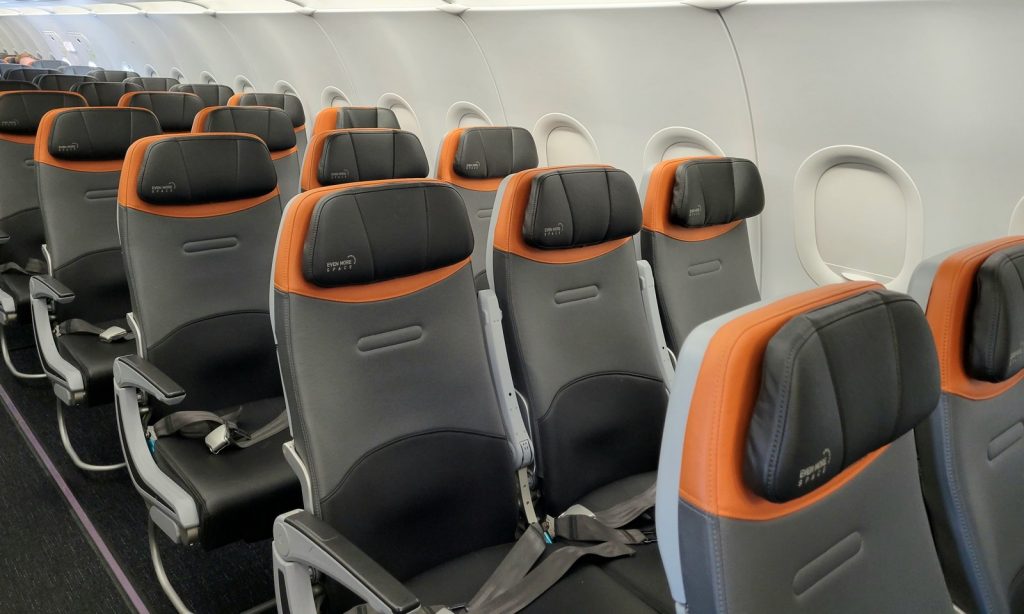
No More Hidden Fees
The second part of the new DOT rules requires airlines to show travelers upfront what fees they charge for checked bags, a carry-on bag, for changing a reservation, or canceling a reservation. The goal is to avoid surprise fees when passengers purchase tickets from airlines or ticket agents. This applies also to brick-and-mortar travel agencies and online travel agencies.
The new DOT rules envision travelers having the information they need to better understand the true costs of air travel.
Under the new DOT rules, airlines must:
- Disclose baggage, change, and cancellation fees upfront. Airlines must show each fee the first time that fare and schedule information is provided on the airline’s website. Fees cannot be displayed through a hyperlink.
- Explain fees before ticket purchase. For each type of baggage, airlines must spell out the weight and dimension limitations that they impose. They must also describe any limitations on changing or canceling a flight, along with policies related to differences in fare when switching to a more or less expensive flight.
- Share fee information with third parties. Airlines must provide current and accurate information about baggage, change, and cancelation fees and policies to travel agencies.
- Inform travelers that seats are guaranteed. When offering an advance seat assignment for a fee, airlines must let travelers know that purchasing a seat is not necessary to travel.
- Provide both standard and passenger-specific fee information. Travelers can choose to view passenger-specific fee information based on their participation in the airline’s rewards program, their military status, or the credit card that they use. Or they can decide to stay anonymous and get the standard fee information.
- End discount bait-and-switch tactics. The rules prohibit airlines from advertising a promotional discount off a low base fare that does not include all mandatory carrier-imposed fees.
My Thoughts
It will be really interesting to see how a couple of these new DOT rules play out. For example, being upfront about baggage and other fees upfront can be really helpful when booking with a low cost carrier. For example, Frontier won't show you the fees for seat selection or baggage until quite late in the booking process. This makes it cumbersome to compare the true cost of a Frontier ticket with those of other airlines. I am curious to see how airlines will implement this requirement.
Requiring airlines to provide passenger-specific fee information will also be quite interesting. I appreciate the authors of the rule appreciating the nuance that travelers can have different fees apply to them based on any combination of elite status, military status, or from holding a specific credit card. This should make life easier for travelers to understand what free checked bags they are entitled to when booking.
New DOT Rules: ToP Thoughts
The new DOT rules should lead to some positive changes for travelers, at least in theory. I am very curious to see how airlines will implement these rules. I think the new rules governing how airlines display their fees can be the biggest gamechanger here. No airline is completely upfront with their fees, so here's hoping we see significant improvement across the board. For more information about these new rules, check out the White House's fact sheet.
What do you think of these new DOT rules? Come join the discussion in our Facebook group!
